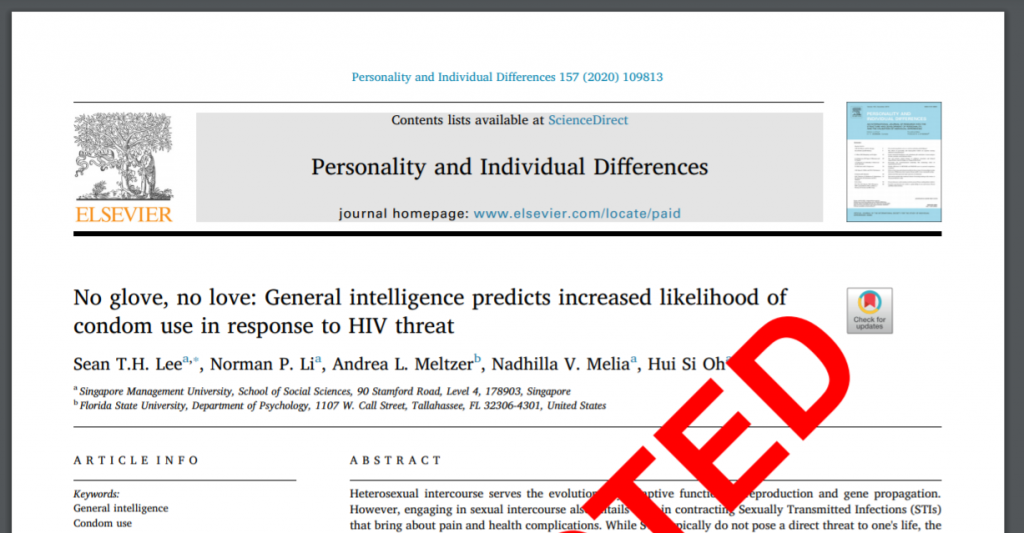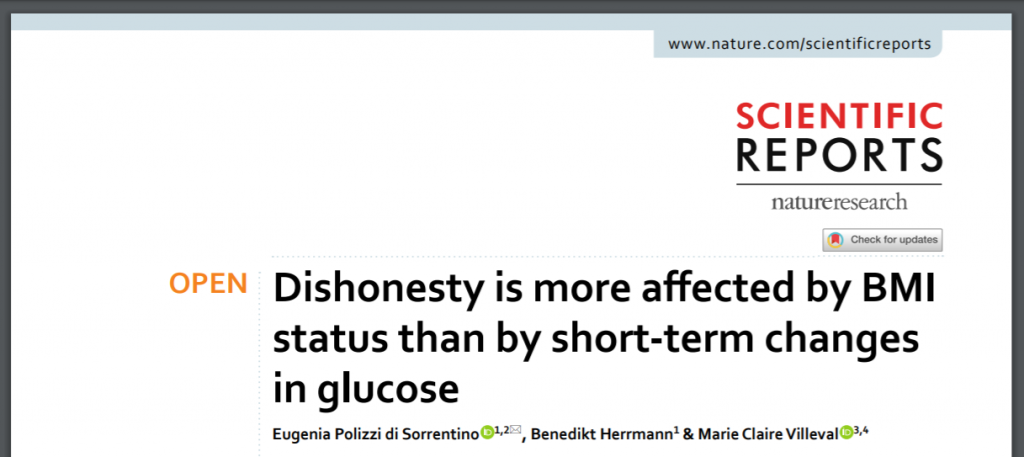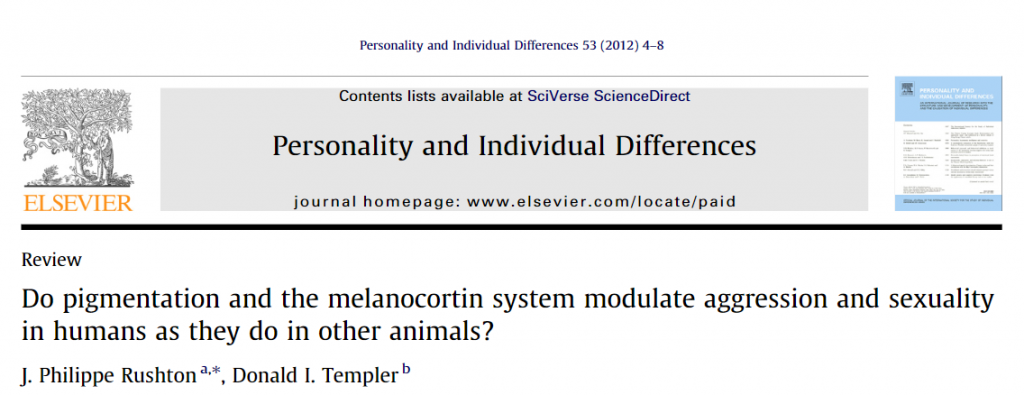A “high and far reaching” number of papers and books by Hans Eysenck could be “unsafe,” according to an updated statement from King’s College London, where the psychologist was a professor emeritus when he died in 1997.
A 2019 investigation launched by the U.K. institution found 26 papers coauthored by Eysenck and Ronald Grossarth-Maticek, a social scientist in Germany, were based on questionable data and contained findings that were “incompatible with modern clinical science and the understanding of disease processes.”
For example, the two researchers’ data showed people with a “cancer-prone” personality were more than 120 times as likely to die from the disease as were those with a “healthy” personality, Anthony Pelosi, a longtime Eysenck critic, pointed out in an article preceding the university probe.
Continue reading Number of ‘unsafe’ publications by psychologist Hans Eysenck could be ‘high and far reaching’








